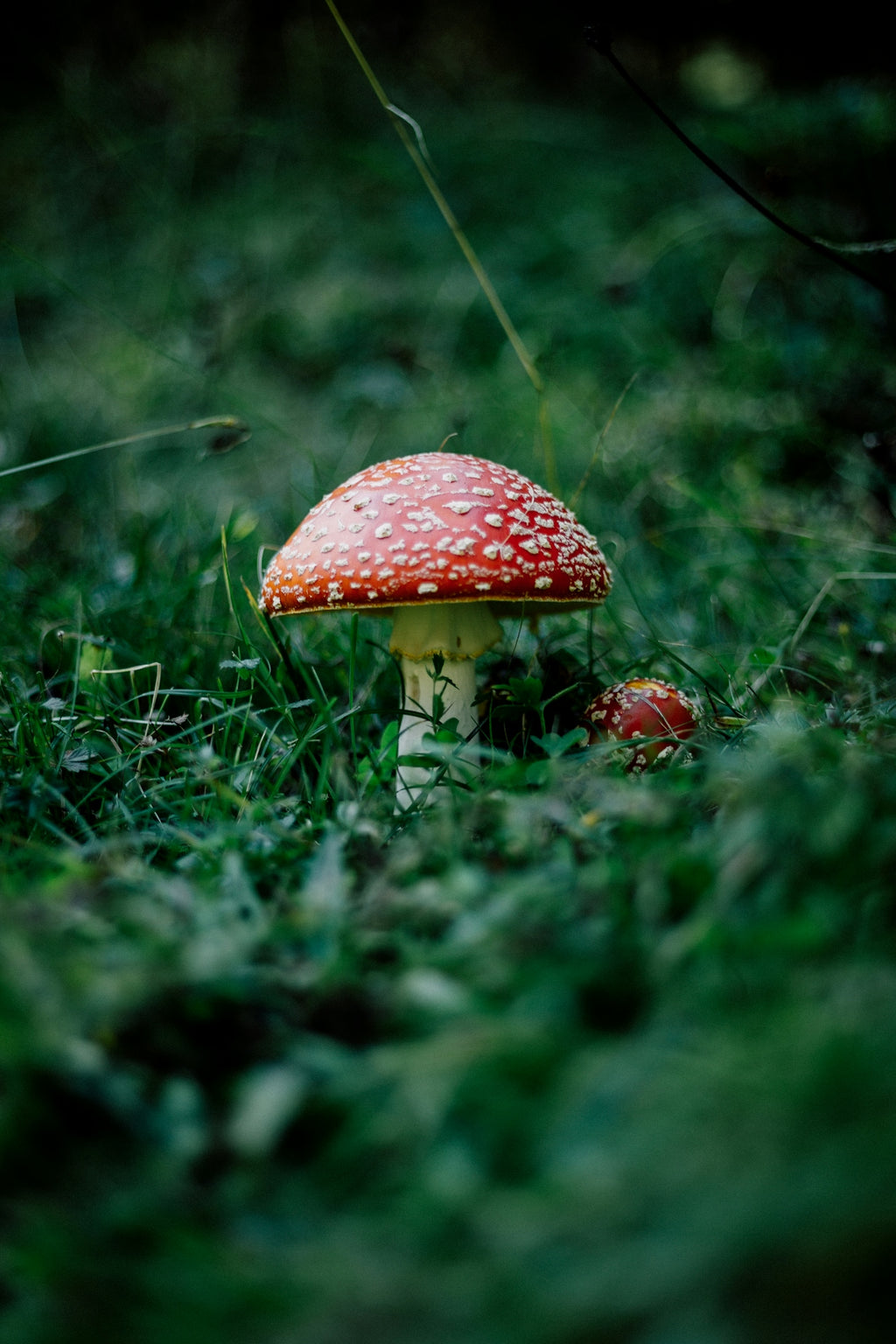Mushroom coffee has gained significant popularity in recent years and is now promoted as a healthier alternative to traditional coffee. While this trend may seem new, the use of medicinal mushrooms for health and wellness has been around for centuries. In many traditional medicine systems, particularly in Asia, mushrooms like Lion’s Mane and Chaga have been revered for their powerful health benefits for thousands of years. The recent hype around mushroom coffee is not exactly new—it’s more of a modern rediscovery of ancient wisdom that is now being supported by scientific research.
What Makes Mushroom Coffee So Popular?
Mushroom coffee often contains dried and powdered medicinal mushrooms like Lion’s Mane, Chaga, and Cordyceps. These mushrooms are praised for their potential to improve brain function, boost the immune system, and even increase energy levels—without the jitteriness or crash often associated with regular coffee. The use of mushrooms in coffee combines the benefits of medicinal fungi with the stimulating effects of caffeine, but without the negative side effects such as anxiety or rapid heart rate.
While mushroom coffee is a contemporary trend, the use of mushrooms in traditional medicine has been deeply rooted in cultures for thousands of years, especially in East Asia, where mushrooms have been considered powerful natural remedies. The rising interest in this beverage can be attributed to the growing demand for health and wellness products that tap into the natural power of plants and fungi.
The Health Benefits of Lion’s Mane and Chaga
Lion’s Mane (Hericium erinaceus)
Lion’s Mane is a distinctive mushroom known for its neuroprotective properties. Research has shown that Lion’s Mane may help improve brain function, enhance memory, and even support nerve regeneration.
One of the key reasons Lion’s Mane is so effective is due to the presence of compounds like hericenones and erinacines, which can stimulate the production of nerve growth factor (NGF). NGF is essential for the maintenance and regeneration of nerve cells, playing a critical role in cognitive functions such as memory and learning.
Scientific Support
Several studies have shown that Lion’s Mane can improve cognitive function. A study published in PubMed Central (PMC) found that Lion’s Mane extract improved cognitive function in elderly participants with mild cognitive impairment (Mori et al., 2009). Furthermore, another study demonstrated the neuroprotective effects of Lion’s Mane, showing that it could assist in nerve tissue repair and promote overall brain health (Wong et al., 2017).
Vitamins and Minerals in Lion’s Mane
Lion’s Mane contains several nutrients that are beneficial for overall health:
-
Vitamin D: Vital for immune system health and bone health.
-
Vitamin B5 (Pantothenic Acid): Essential for energy production and the metabolism of fats, proteins, and carbohydrates.
-
Minerals such as Potassium and Calcium: Potassium helps regulate blood pressure, while calcium is essential for bone and tooth health.
Chaga (Inonotus obliquus)
Chaga is a fungus that primarily grows on birch trees and has a long history as an adaptogen, meaning it helps the body adapt to stress. Chaga is especially known for its powerful antioxidant properties and immune-boosting effects.
Chaga contains a wide range of bioactive compounds, including betulinic acid, polysaccharides, and antioxidants, which help strengthen the immune system and reduce inflammation in the body. Studies have also shown that Chaga can lower cholesterol levels and improve blood sugar regulation, making it an interesting mushroom for people at risk of heart disease or diabetes.
Scientific Support
Chaga has been extensively researched, and a study published in PubMed Central (PMC) found that Chaga extract could enhance immune responses by stimulating the activity of various immune cells, such as macrophages (Samuels et al., 2013). Other studies have shown that Chaga can help combat oxidative stress, which is a key factor in aging and the development of chronic diseases (Jang et al., 2017).
Vitamins and Minerals in Chaga
Chaga is not only rich in antioxidants but also contains several important vitamins and minerals:
-
Vitamin D: Supports immune function and promotes bone health.
-
B-complex Vitamins: Supports the nervous system and energy production.
-
Minerals such as Potassium, Magnesium, and Zinc: Potassium helps maintain electrolyte balance, magnesium is crucial for muscle function and the nervous system, and zinc supports immune function and skin health.
Conclusion
The health benefits of Lion’s Mane and Chaga mushrooms are clear and well-supported by scientific research. Lion’s Mane offers impressive benefits for brain function and nerve health, while Chaga is a powerful ally for strengthening the immune system and fighting oxidative stress. Both mushrooms contain vital vitamins and minerals that contribute to overall health.
Mushroom coffee offers a convenient way to incorporate these powerful ingredients into your daily routine, while still enjoying the stimulating effects of caffeine. Whether you’re looking to improve your memory, boost your immune system, or simply seek a healthier alternative to regular coffee, mushrooms like Lion’s Mane and Chaga can be a valuable addition to your diet.
Sources:
-
Mori K., et al. (2009). "The effects of Hericium erinaceus (Yamabushitake) on mild cognitive impairment: a double-blind, placebo-controlled clinical trial." PubMed Central. Link to PubMed
-
Wong K.H., et al. (2017). "Neuroprotective effects of Hericium erinaceus (Lion's Mane) mushroom extract on the brain." PubMed Central. Link to PubMed
-
Samuels A., et al. (2013). "Immunomodulatory effects of Chaga (Inonotus obliquus) mushrooms." PubMed Central. Link to PubMed
-
Jang S., et al. (2017). "Antioxidant and anti-inflammatory properties of Chaga mushroom." PubMed Central. Link to PubMed






